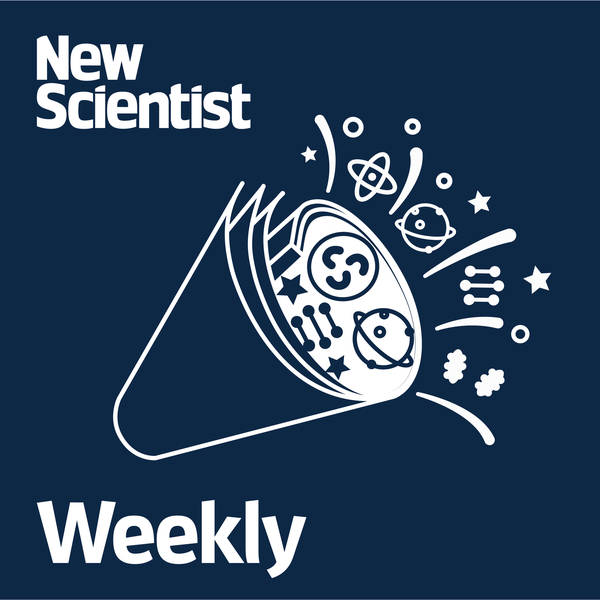
#137 How to turn the shipping industry green; Enceladus passes habitability test
‘Get it Done’ is the theme for this year’s Climate Week in New York, with hundreds of events taking place across the city. Reporter James Dinneen is there, and brings us news about how to reduce the massive impact of the shipping industry on greenhouse gas emissions.
NASA’s DART mission is the first real-world planetary defence mission. And on Monday a 500-kilogram satellite will smash into a small asteroid called Dimorphous to try and change its orbit. The team explains what the mission hopes to achieve.
Ants are everywhere. In fact, it’s estimated that Earth is home to 20 quadrillion of the things. Think of all the legs! In light of this news, the team discusses their favourite ants (yes they have favourites) - including the weaver ant which Rowan has been reading about in his favourite bedtime book, The Guests of Ants.
Phosphorus has been discovered on Saturn’s moon Enceladus, meaning it now has all six of the essential elements for life. The team explains how the element was found in icy rock grains collected by the Cassini spacecraft.
Covid may be triggering early puberty in some girls. While the condition was known about pre-pandemic, the surprising finding shows that since covid it’s happening in higher numbers and even sooner, in girls younger than seven. The team discusses whether it’s the stress of the pandemic or the disease itself that’s causing these effects.
On the pod are Rowan Hooper, Chelsea Whyte, James Dinneen, Alexandra Thompson and Alex Wilkins. To read about these stories and much more, subscribe at newscientist.com/podcasts.
Events and discount codes:
New Scientist Live: newscientist.com/live
Autumn Special: www.newscientist.com/autumnspecial
Dow: newscientist.com/dow
Hosted on Acast. See acast.com/privacy for more information.
